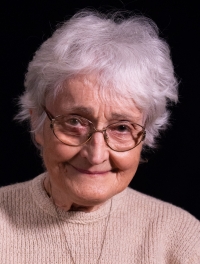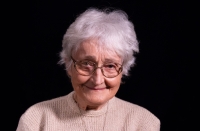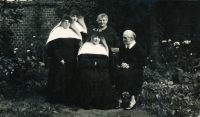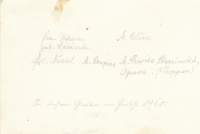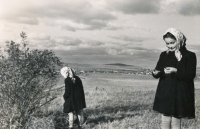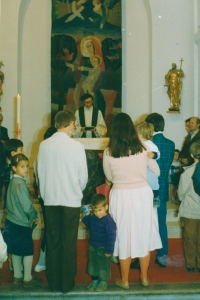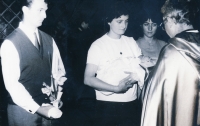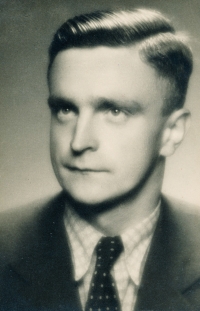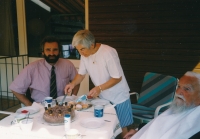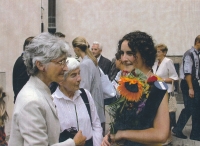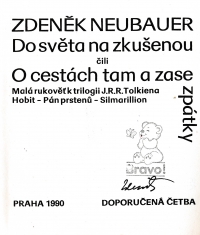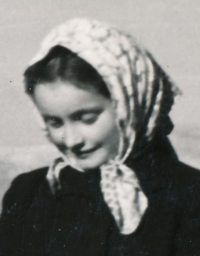Even me, an insignificant girl from borderlands, was persecuted
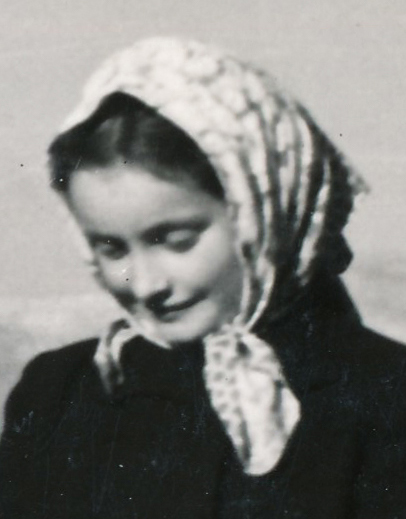
Stáhnout obrázek
Jana Gerlichová, née Johanna Elisabeth Thom, was born on September 23, 1940 in Krnov to the German family of Herman Thom and Pavla Wohlová. She has a sister, Ulrike. Her father ran a vinegar factory in Krnov, which he had inherited from his grandfather. During the war, Herman Thom enlisted in the Wehrmacht and was wounded several times. His wife Pavla took care of the factory, but in the spring 1945 she lost her life during air raids on Krnov. Father did not return from captivity until 1946, while Jana and her sister were looked after by Aunt Anna. The Thoms were not expelled after the war because father held an important professional position, working as a maintenance worker for vinegar plants throughout the country. When Jana entered the first school class, she did not speak Czech yet. Her father wanted to move to Argentina with the family, but in 1948 it was no longer possible after the February communist coup. Jana received a Catholic upbringing from her aunt and in the early 1950s she used to spend holidays in the monastery in Bílá Voda with the German nuns. She graduated from high school, but as a Catholic of German nationality she did not have a chance to go to university. She completed a two-year course in Olomouc to become a medical laboratory assistant. At this time, in the early 1960s, she started to be persecuted by State Security for staying in touch with relatives from the West and reading banned literature. They pushed her to break up with her fiancé Vladimír Gerlich, who was then a student and member of the Communist Party. That [pressure] hastened their wedding. The Gerlichs have lived in Prague since the 1960s, raising four children together. Jana‘s father and sister emigrated to Austria and Germany in 1966, her father never came back to Bohemia again.
